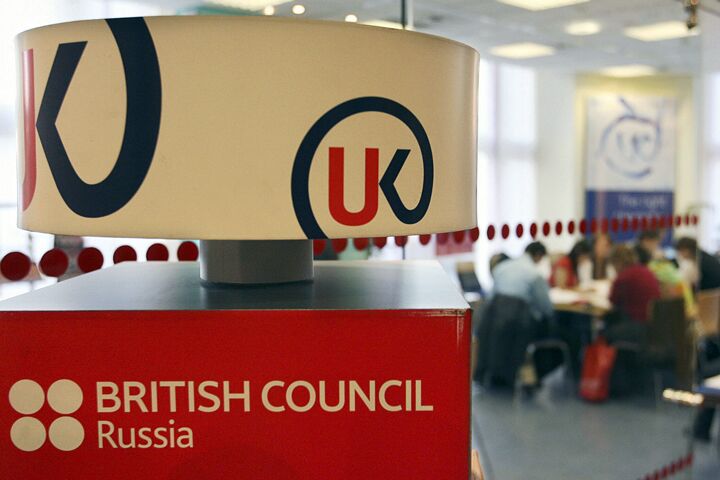
Russia Uses “Cold War” Intimidation Against Britain
The British Council was forced to shut down its last two offices outside of Moscow last week after “blatant intimidation” of staff by Russian security forces. Russia’s actions are “not worthy of a great country,” British Foreign Secretary David Miliband told Parliament January 17. “We saw similar actions during the Cold War, but frankly thought they had been put behind us.”
According to news reports, the Russian government has been waging a campaign of intimidation against Britain’s cultural promotion body for months, but got tougher with the organization after it ignored a January 1 deadline to close its branches in St. Petersburg and Yekaterinburg. Pressure became so intense, said Miliband, that it became “impossible” for the British Council to operate.
On January 15, the Federal Security Service, domestic successor to the infamous kgb, summoned 20 Russian staff based in Petersburg and Yekaterinburg for questioning. Bloomberg reported: “Late that night 10 members of staff were visited at home by the Russian tax police and called in for further questioning yesterday. ‘The interviews had little to do with their work and were clearly aimed at exerting undue pressure on innocent individuals,’ [British Council Chief Executive Martin] Davidson said” (January 17).
“The manner in which Russia has dealt with the council and its staff in recent days has provided an important insight into the brutish nature of the Putin regime,” reported the Financial Times.
Russia’s heavy-handedness with the British Council, a peaceful organization that sought to promote inter-cultural activities and facilitate relations between Russian and British schools, is a worrying sign for other foreign organizations operating in Russia. Moscow’s bullying of British Council staff, said Mr. Miliband, has been a “stain on Russia’s reputation and standing that will have been noted by countries all around the world.”
But aside from a few condemning statements, Mr. Miliband and the British government have done little to respond to Putin’s blatantly confrontational actions; they haven’t, for example, expelled the two Russian diplomats in London responsible for cultural matters, a gesture that would correspond with Putin’s actions toward the British Council.
The Kremlin’s boldness and the British government’s relative impotence on this issue is indicative of the broader transformation occurring within these two nations. Russia is becoming an international behemoth unafraid to throw its weight around even if it means offending other large powers. Meanwhile, Britain is devolving into a weak-willed state afraid to stand against arrogance and belligerence.
The Cold War days have indeed been revived, only this time round, Russia is the stronger power.
